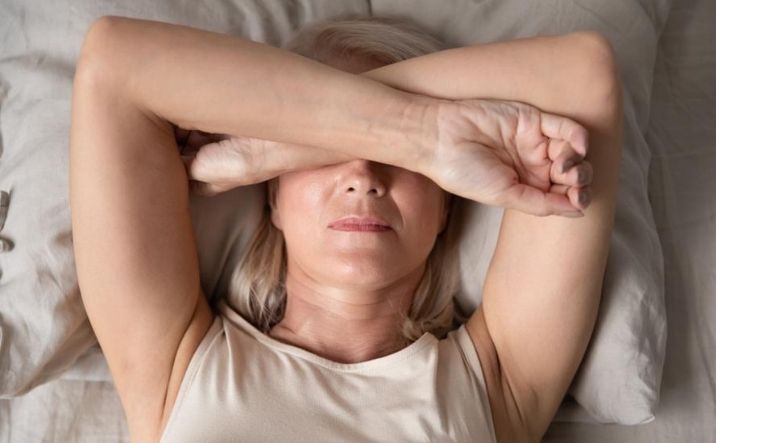For midlife women who have difficulty in sleeping, it might be because of chemicals in the environment.
Exposure to various chemicals, such as phthalates, found in hundreds of products used daily, is associated with sleep disruptions in menopausal women, says a new study based on data from the Midlife Women's Health Study.
Phthalate exposures in humans has been linked to changes in sex hormone levels, altered development of genitals, and low sperm count and quality. Phthalates are one of the most commonly used chemical compounds to make plasticisers.
Menopause transition
During menopause transition, the levels of hormones produced by the aging ovaries fluctuate, leading to irregular menstrual patterns, the time between periods, and the level of flow and hot flashes. Up to 60 per cent of women in the menopause transition experience sleep difficulties.
Women who have trouble falling asleep are at greater risk of developing persistent depression that can lead to worse health outcomes, may require more medical care, and increase absenteeism.
Earlier studies have shown that such sleep disruption is the result of decreasing hormone levels.
Exposure to endocrine-disrupting chemicals (EDCs), however, is one largely unexplored area that may help to explain the increased prevalence of sleep difficulties in midlife women. Phthalates are common EDCs that are found in industrial plasticizers and chemical stabilizers. Phthalates increase the performance of everything from food packaging and clothing to cosmetics and children's toys. Personal care products, in particular, represent a major area of exposure.
Although everyone is exposed to phthalates, they appear to concentrate more in women than men. A previous study suggested that increased exposure to phthalates from personal care products significantly increased the risk of hot flashes. Other studies have demonstrated associations between phthalate exposure and the likelihood of waking up at night, as well as the risk of suffering from depression.
Since phthalates are known to modulate the hormones associated with sleep and depression, researchers in this latest study surmised that they may be directly or indirectly associated with sleep in midlife women. This study, based on data gathered from more than 760 premenopausal and perimenopausal women, suggests that the frequency of sleep disruptions is associated with urinary concentrations of phthalates.
The study results have been published online in Menopause, the journal of The North American Menopause Society (NAMS).


